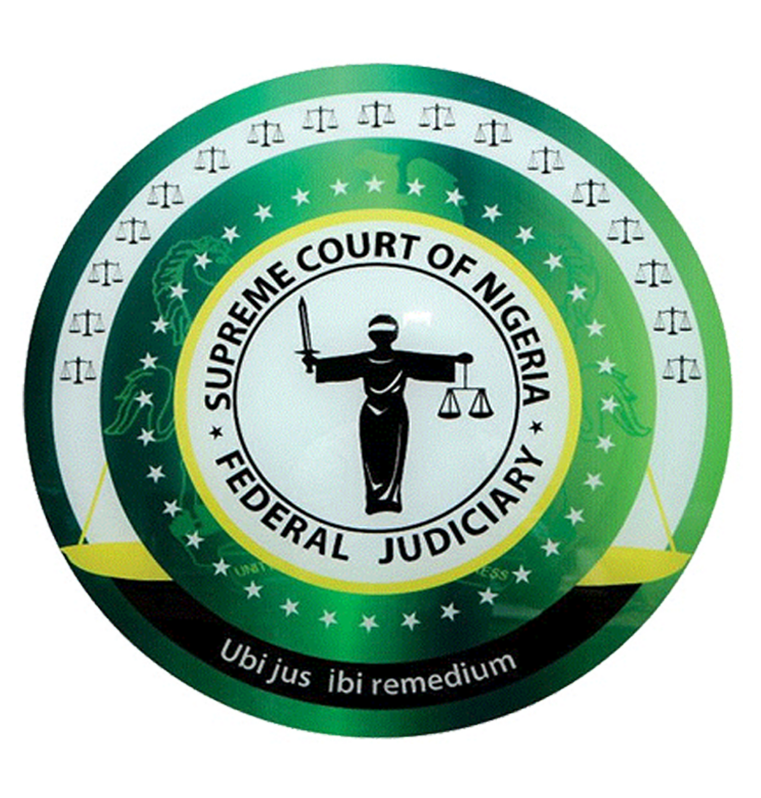S/Court to hear 16 states’ suit against EFCC Oct. 22
The Supreme Court has fixed October 22 for the hearing of a suit filed by 16 state governments challenging the constitutionality of the laws establishing the Economic and Financial Crimes Commission (EFCC) and two others. A seven-member panel of justices presided over by Justice Uwani Abba-Aji, on Tuesday, fixed the date after granting leave for […]

The Supreme Court has fixed October 22 for the hearing of a suit filed by 16 state governments challenging the constitutionality of the laws establishing the Economic and Financial Crimes Commission (EFCC) and two others.
A seven-member panel of justices presided over by Justice Uwani Abba-Aji, on Tuesday, fixed the date after granting leave for more states to be joined as co-plaintiffs and to consolidate the suit originally filed by the Kogi State Government through its Attorney General and Commissioner for Justice.
The states that joined in the suit, marked SC/CV/178/2023, include Ondo, Edo, Oyo, Ogun, Nasarawa, Kebbi, Katsina, Sokoto, Jigawa, Enugu, Benue, Anambra, Plateau, Cross-River and Niger.
The 16 states, which also challenged the establishment law for the Nigerian Financial Intelligence Unit (NFIU) and other agencies through their lead counsel, Professor Musa Yakubu (SAN) and the Kogi State AG, Abdulwahab Mohammed (SAN), raised six questions for determination and sought nine reliefs.
- Niger boat mishap: NIWA boss sympathises with victims, distributes safety kits
- Housewife arrested for dumping day-old baby in gutter
The states are contending that the Supreme Court, in Dr Joseph Nwobike Vs Federal Republic of Nigeria, had held that it was a UN Convention against corruption that was reduced into the EFCC Establishment Act and that in enacting the law in 2004, the provision of Section 12 of the 1999 Constitution, as amended, was not followed.
According to them, the provision of the constitution necessitated the majority of the states’ Houses of Assembly agreeing to bring the convention in before passing the EFCC Act and others, which was allegedly never done.
Among the reliefs sought are “A declaration that the Federal Government of Nigeria through the Nigerian Financial Intelligence Unit (NFIU) or any agency of the federal government lacks the power to issue any directive, guideline, advisory or any instrument howsoever called for the administration and management of funds belonging to Kogi State of Nigeria or any local government area of Kogi State.
“A declaration that the Economic and Financial Crimes Commission (EFCC), the Nigerian Financial Intelligence Unit (NFIU) or any agency of the Federal Government of Nigeria cannot investigate, requisition documents, invite and or arrest anyone with respect to offences arising from or touching on the administration and management of funds belonging to Kogi State of Nigeria or any local government area of Kogi State.”
